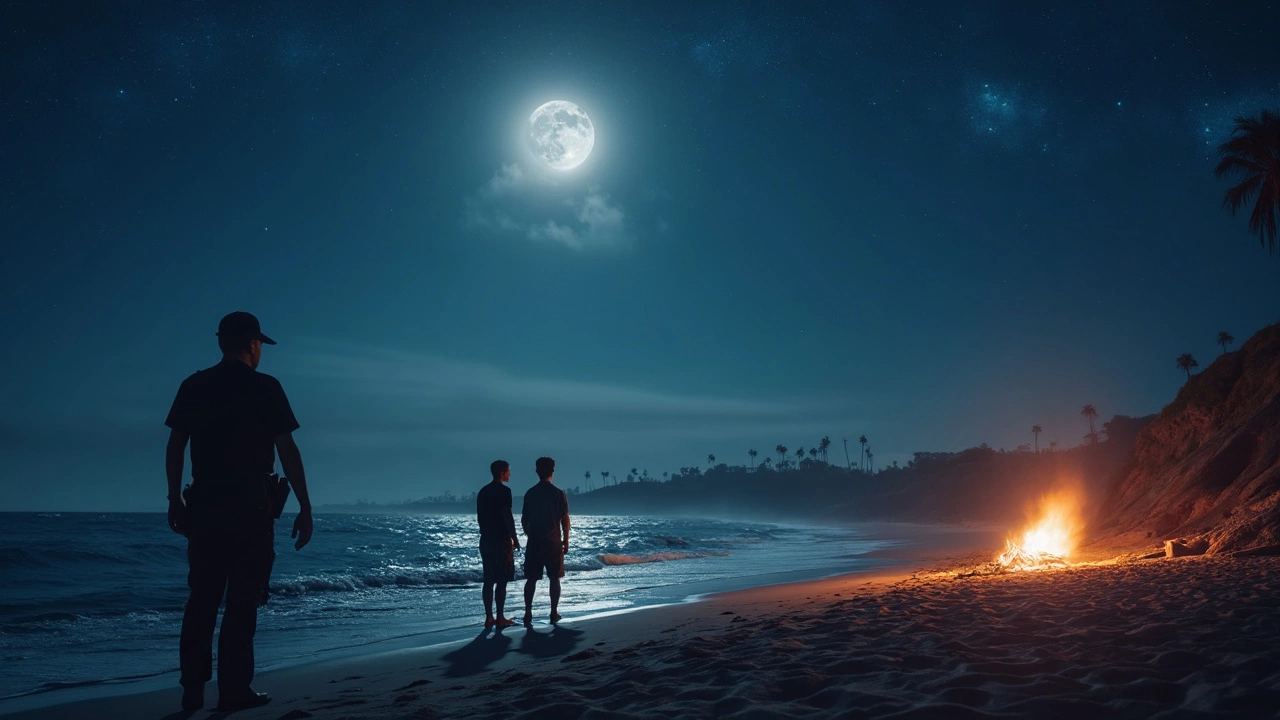Sleeping on the Beach: What You Need to Know Before You Pitch Your Tent
Ever dreamed of falling asleep to waves crashing right next to you? It sounds amazing, but you can’t just set up a tent anywhere. In the UK most beaches are protected, and the rules differ from one coast to another. Let’s break down the basics so you can enjoy a beach night without a ticket or a fight.
Know the local byelaws
Every council publishes its own beach byelaws. Some places, like parts of Cornwall and the Isle of Wight, allow camping for a night if you ask the local ranger. Others, especially busy tourist spots, ban tents outright. Check the council website or call the beach office before you arrive. A quick search for “[beach name] camping rules” usually gives the answer.
Stay safe and low‑key
Even where it’s allowed, you need to think about tides, wind and privacy. Choose a spot a few meters above the high‑water mark and bring a groundsheet so you don’t damage the sand. A small, colour‑neutral tent blends in better and reduces the chance of being asked to move. Bring a headlamp, a warm sleeping bag and a portable toilet solution – most beaches have no facilities.
If you’re not sure about the law, consider an alternative. A motorhome or camper‑van can park in a nearby official campsite, letting you enjoy the beach at sunrise and sunset without breaking any rules. Many campsites near the coast offer electric hookups, showers and easy beach access.
Another low‑cost option is “glamping” on the dunes. Some owners rent out tiny huts or yurts that sit right on the sand. They give you the beach vibe with a roof over your head and often include a toilet and power outlet. Booking ahead secures your spot and avoids any legal gray area.
When you do camp on a beach that permits it, leave no trace. Pack out all rubbish, cover any fire pits with sand, and avoid digging holes that could collapse under the tide. The local wildlife, especially nesting birds, rely on clean, undisturbed sand.
Remember to respect other beach users. Keep music low, don’t block pathways and move your gear if someone asks politely. Most people will understand as long as you’re tidy and quiet.
Bottom line: sleeping on the beach is possible, but you need to check the local rules, pick a safe spot, and be ready to clean up after yourself. When in doubt, a nearby campsite or a glamping pod gives you the same sea view without the hassle.
Is it Illegal to Sleep on the Beach in California? What You Need to Know
Can you just roll out a sleeping bag and snooze under the stars on a California beach? This article unpacks the real rules about sleeping overnight on the sand, explaining how laws can shift from town to town. You'll find out where you can legally camp, what to expect if you break the rules, and a few smart tips for enjoying the beach without getting in trouble. Whether you've dreamed of crashing waves as your lullaby or just want a spontaneous night outdoors, here's what you need to know to avoid a surprise visit from the police. Find alternatives that keep your beach night both legal and memorable.
